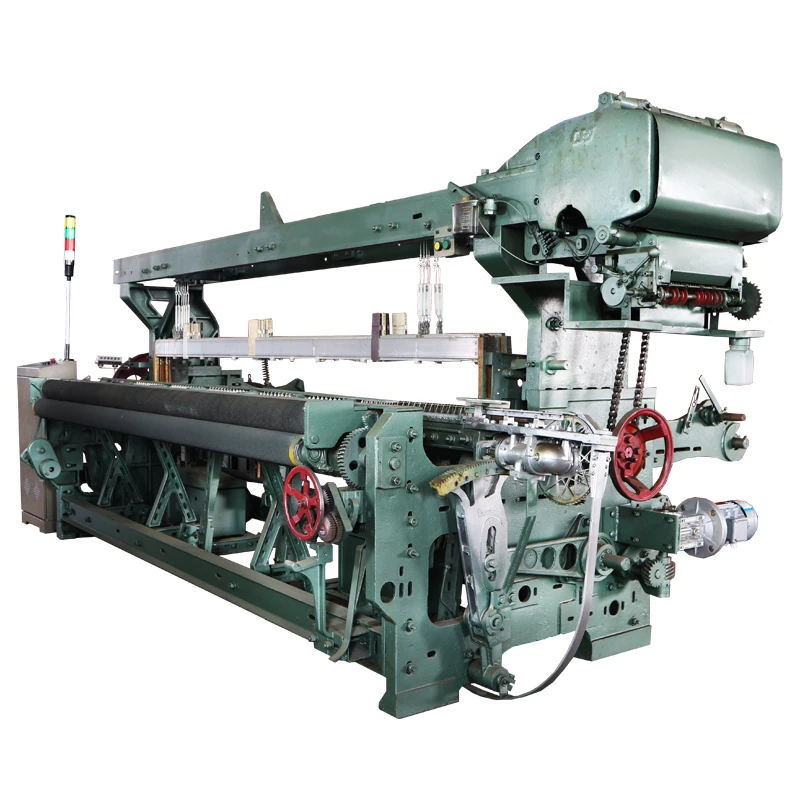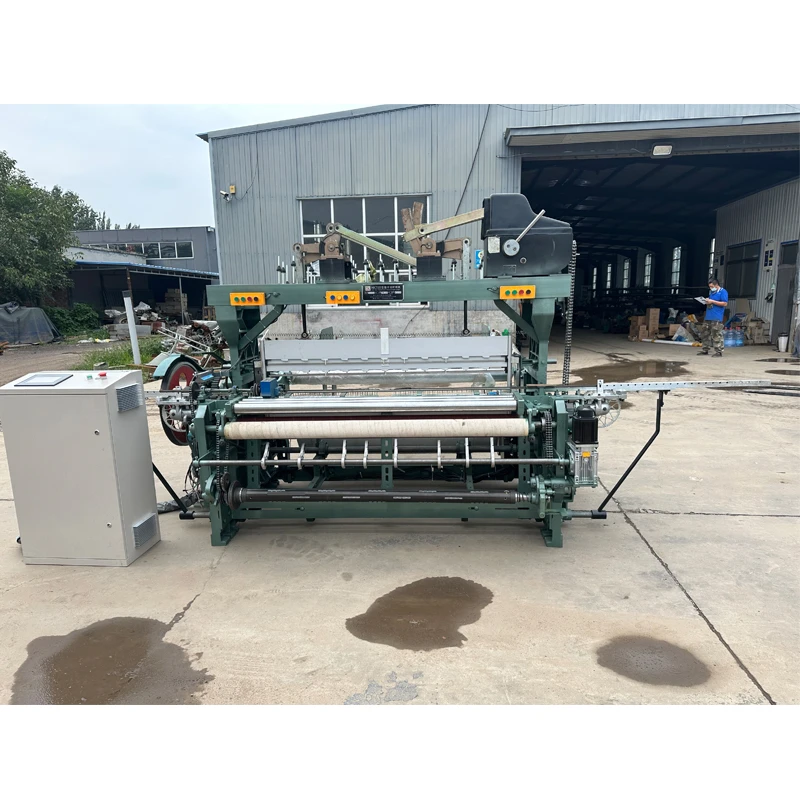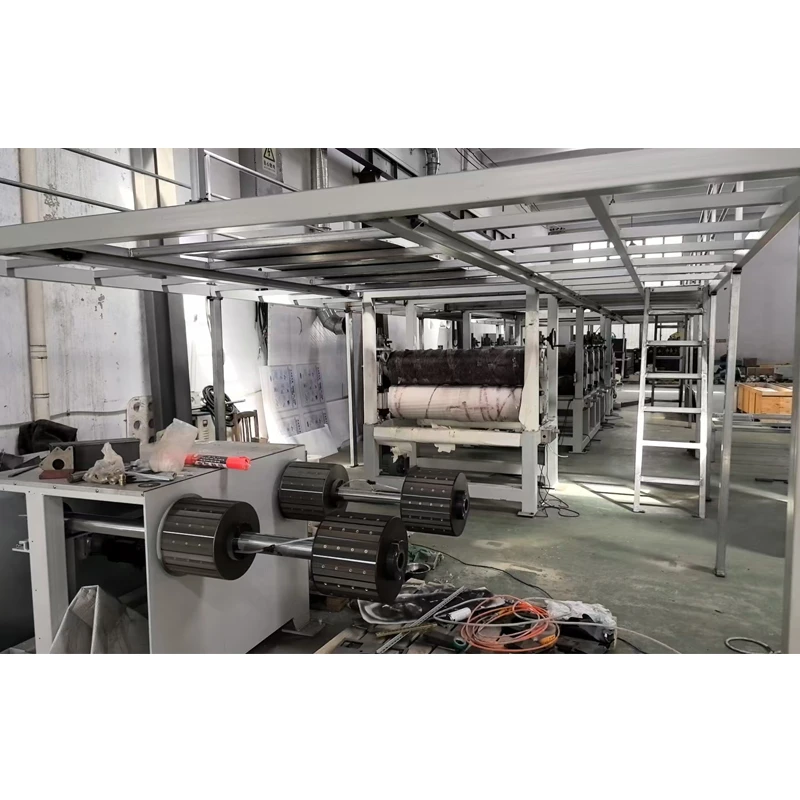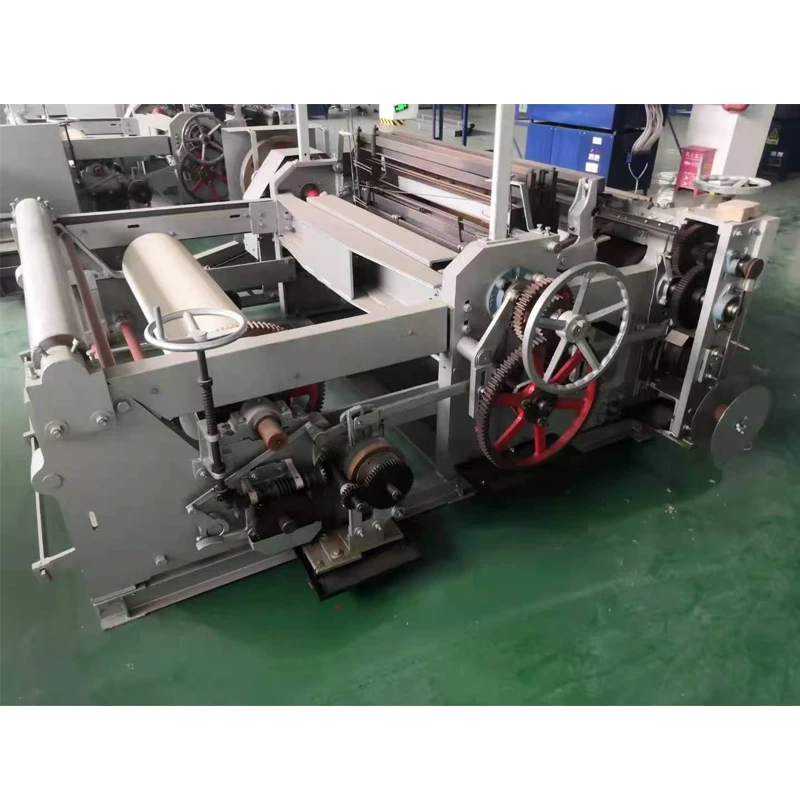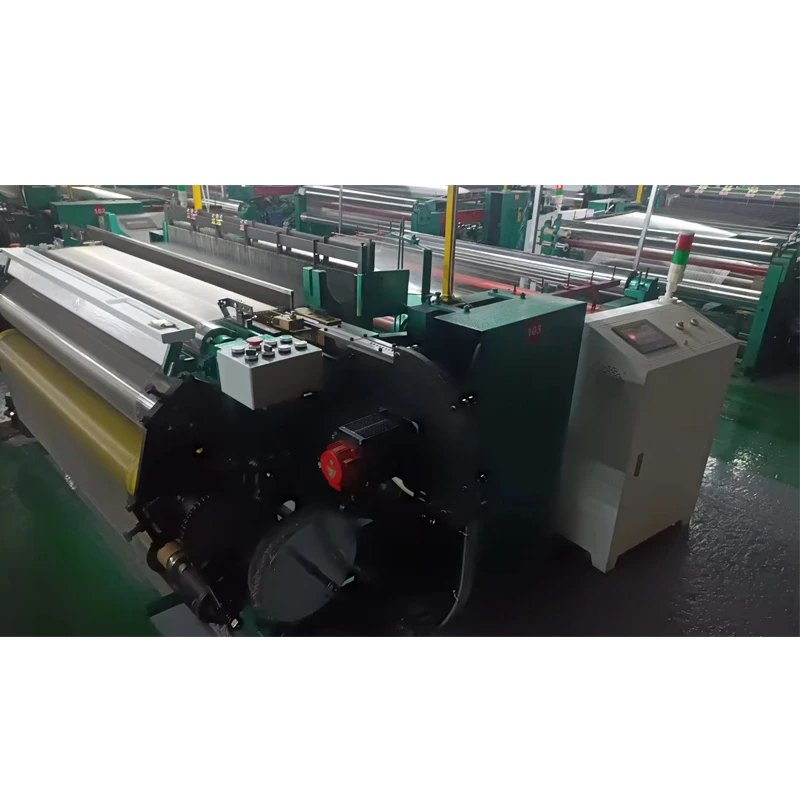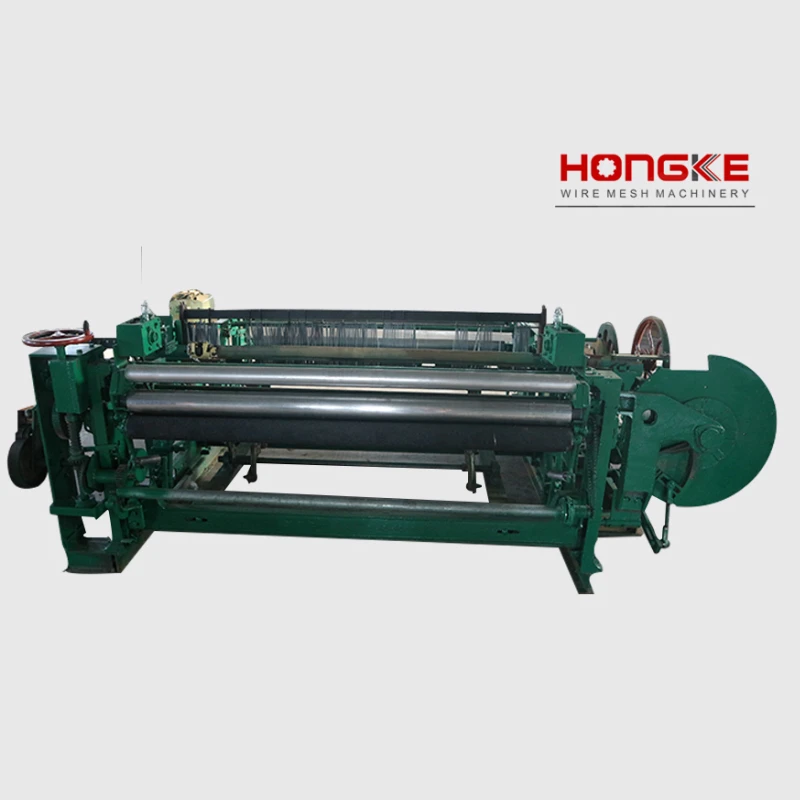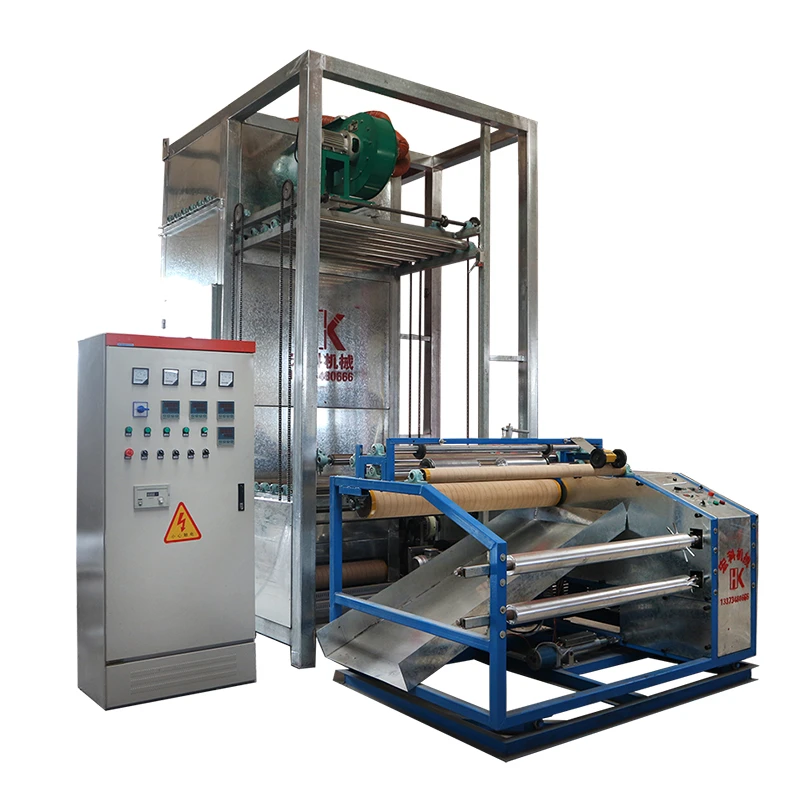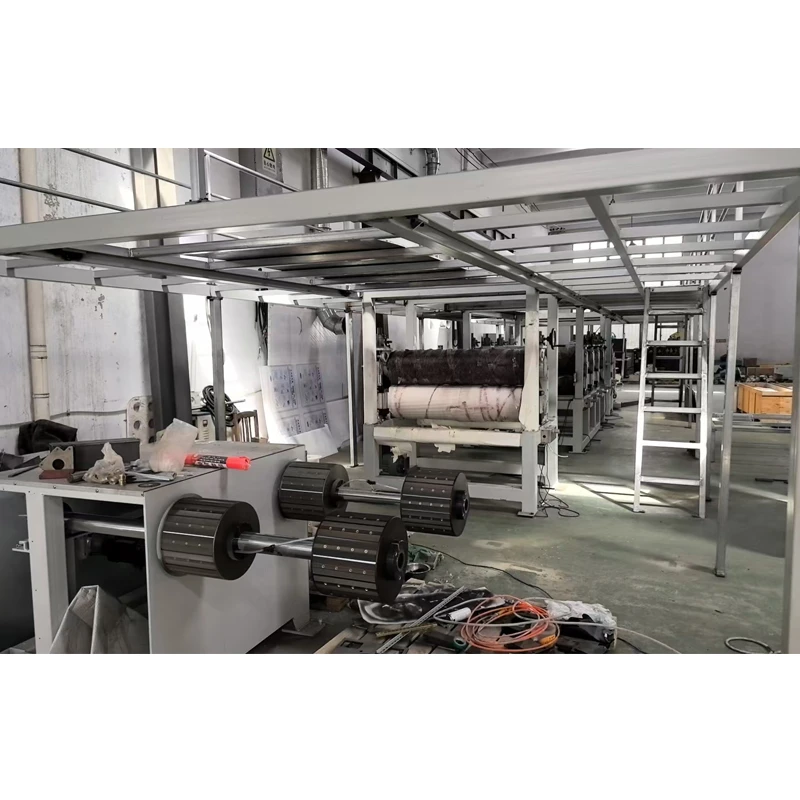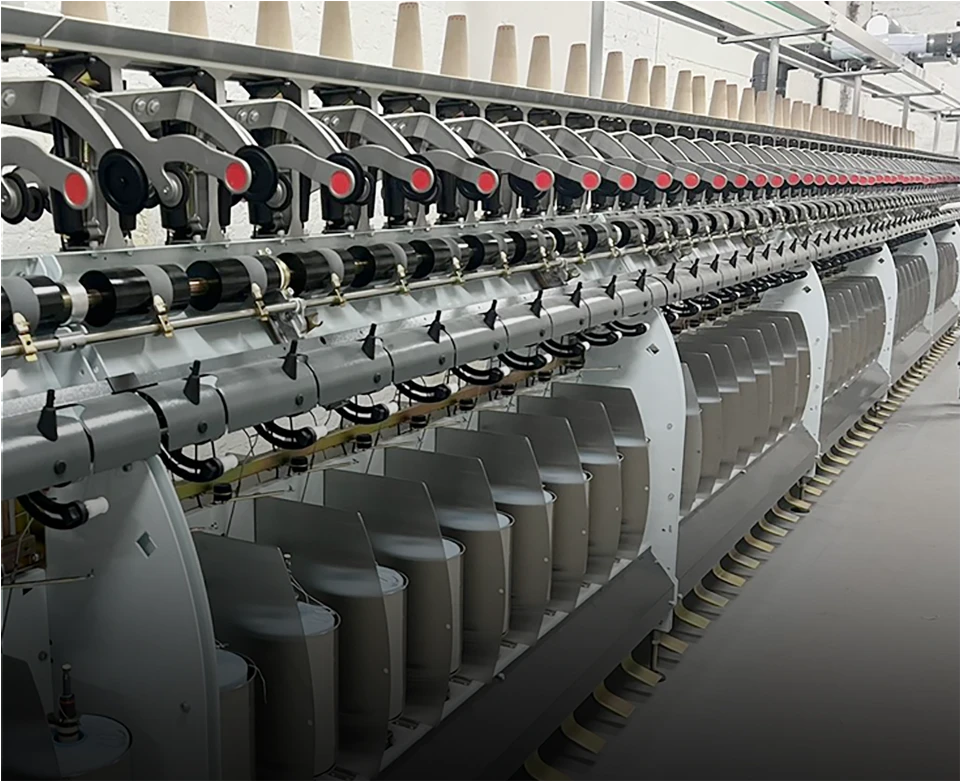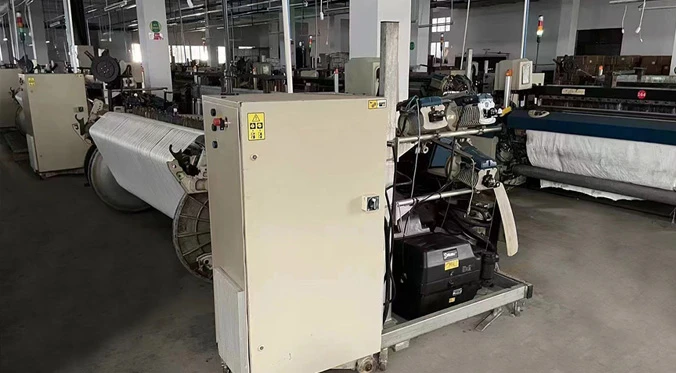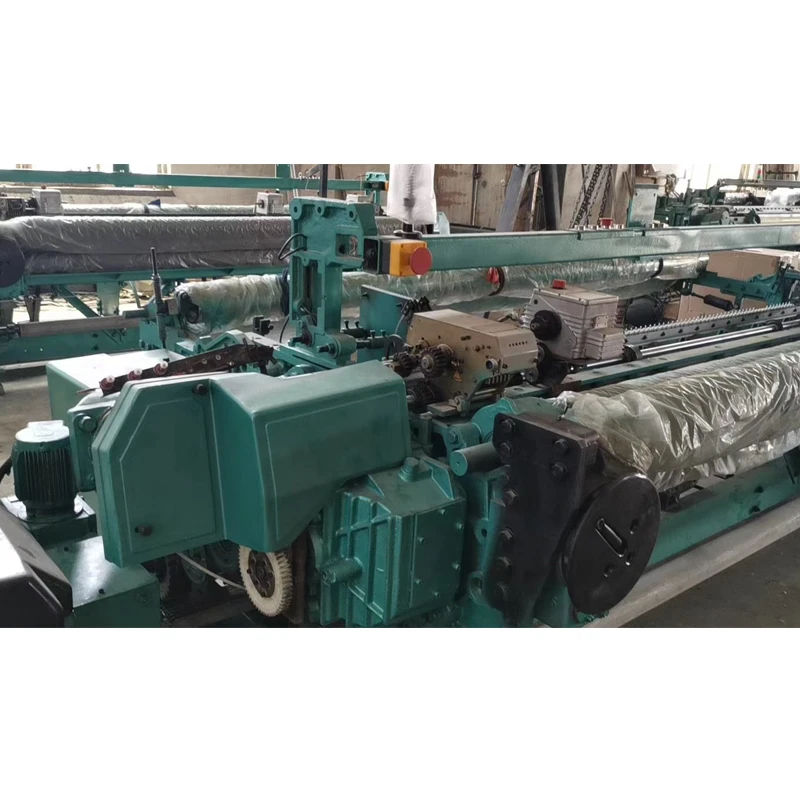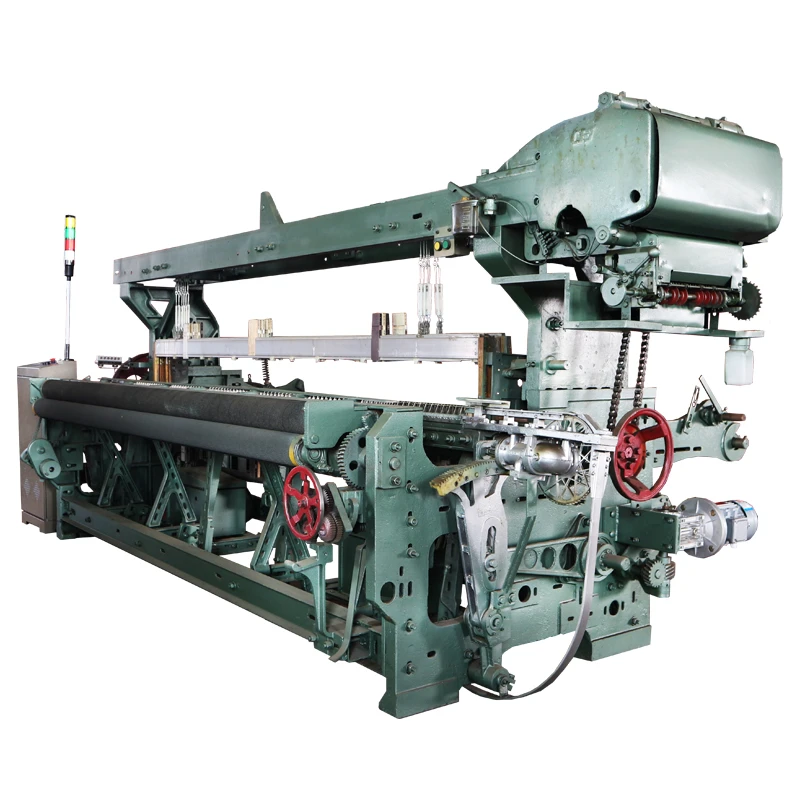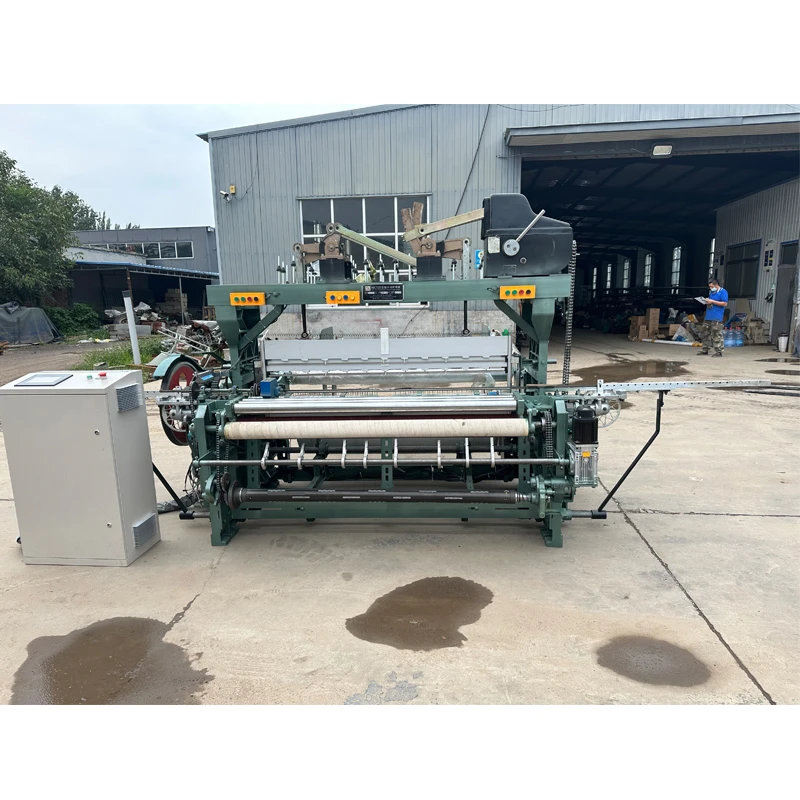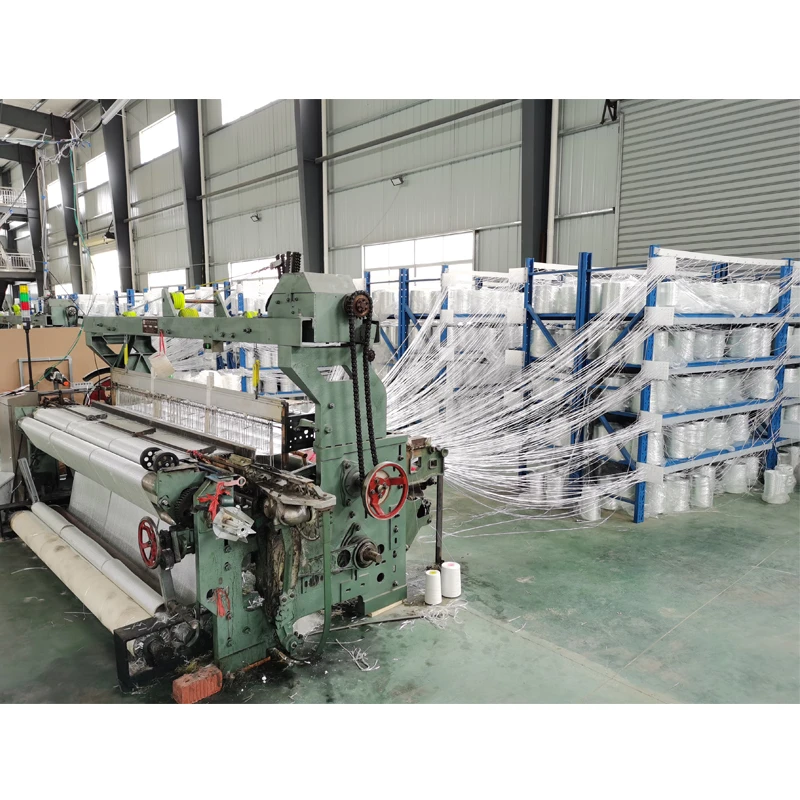
When it comes to sourcing a durable and high-speed fiberglass mesh weaving machine for sale, manufacturers and industrial buyers alike turn to proven suppliers that deliver both quality and performance. These machines are essential for producing woven fiberglass mesh used in a wide range of applications including wall insulation, EIFS systems, waterproofing membranes, and plaster reinforcement.
What sets a modern fiberglass mesh weaving machine for sale apart is its level of automation, weaving accuracy, and the stability of the final mesh structure. The latest models integrate servo control systems, programmable logic controllers (PLCs), and tension control modules to ensure each roll of mesh maintains precise warp and weft alignment even under continuous production.
Today’s international buyers, from construction suppliers to composite material manufacturers, prioritize machines that can deliver high output with minimal maintenance. That’s why many opt for models that also offer energy efficiency, intelligent error detection, and real-time performance monitoring. A reliable fiberglass mesh weaving machine for sale from a trusted manufacturer doesn’t just increase production—it protects the consistency and reputation of your end product.
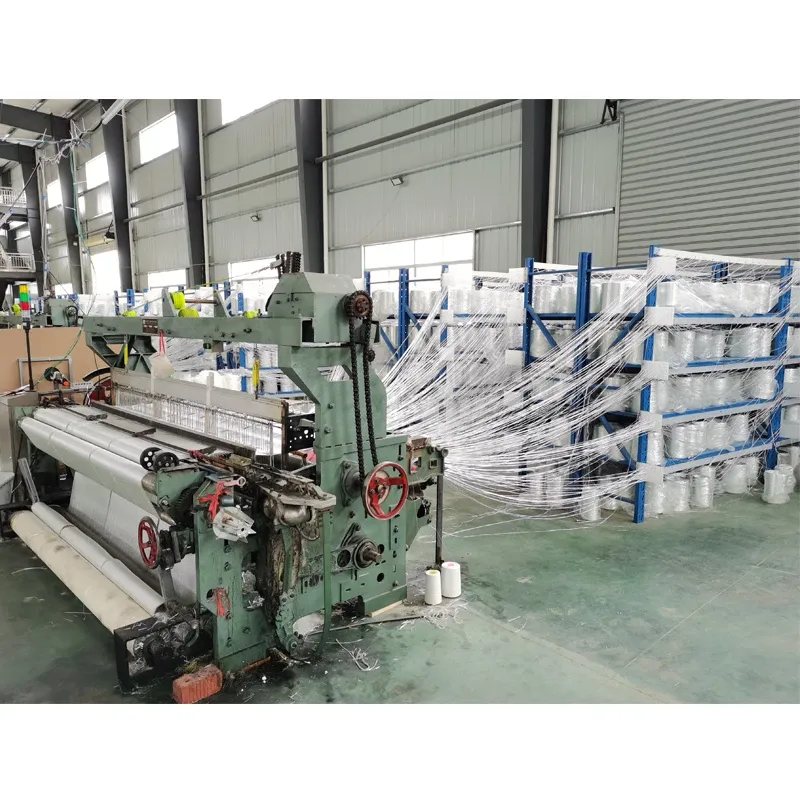
Why Fiberglass Machine Technology is Essential for Modern Construction Manufacturing
In the field of construction and composite materials, the role of the fiberglass machine is more important than ever. These machines are used to process E-glass or C-glass fiber filaments into usable forms such as mesh, tapes, and reinforcements. Among all fiberglass machinery, weaving machines are the most widely applied due to their versatility and high precision in mesh output.
A top-tier fiberglass machine combines speed, safety, and adaptability. With modern enhancements such as centralized lubrication systems and computer-controlled mesh patterning, these machines can produce a wide variety of mesh sizes and weights suitable for applications ranging from wall cladding to roofing and even aerospace insulation.
The global demand for fiberglass mesh is increasing steadily due to the rise in eco-friendly construction and durable materials. Therefore, investing in a professional-grade fiberglass machine becomes a strategic move for companies looking to lead in this evolving sector. Whether you need fine mesh for thermal insulation or coarser structures for concrete reinforcement, these machines can be configured to match precise specifications, reducing waste and maximizing ROI.
How to Assess the Right Fiberglass Machine Price for Your Business
Determining the ideal fiberglass machine price can be complex, as it involves a number of variables that go far beyond the base cost of the unit. Buyers must consider production capacity, weaving width, automation level, customization, included accessories, and after-sales service when evaluating their investment. A low initial cost may seem appealing, but if the machine has low throughput or frequent maintenance needs, the overall value drops significantly.
The fiberglass machine price for a basic semi-automatic weaving unit may start from around $10,000 USD, while fully automated industrial machines capable of running 24/7 can range from $30,000 to $120,000 USD depending on configuration. Features such as dual-weft systems, automatic warp-feeding, and fault sensors can all influence pricing.
More importantly, cost should also reflect build quality and longevity. A well-constructed machine from a reputable manufacturer will often include wear-resistant components, heat-stable tension systems, and hardened steel frames. These factors not only justify a higher fiberglass machine price but also ensure longer machine life and fewer interruptions in production.
Companies should also factor in services like installation support, operator training, access to spare parts, and technical troubleshooting. A slightly higher upfront cost is often offset by reduced long-term downtime and lower maintenance expenses. The right fiberglass machine price is always the one that balances quality, output, and ongoing support.
Key Benefits of Buying from Trusted Fiberglass Mesh Machine Suppliers
When sourcing a fiberglass mesh weaving machine for sale, the credibility and expertise of the supplier play a major role in the success of your investment. Trusted suppliers not only provide high-quality machines but also deliver valuable consulting, layout planning, and after-sales services tailored to your factory’s production workflow.
Reliable suppliers of fiberglass machines will ensure machines are built to international standards, often offering CE or ISO certifications along with detailed operation manuals and staff training. They understand the nuances of fiberglass yarn tension, warp thread management, and shedding mechanism synchronization. This deep technical understanding translates into machines that run smoother, last longer, and produce more accurate mesh rolls.
Another key advantage is the ability to receive real-time video demonstrations. Before placing an order, suppliers can provide operational footage of the specific machine model you're considering, which helps verify speed, accuracy, and machine finish. This kind of transparency is critical when investing in large-scale equipment and ensures you're not taking unnecessary risks.
Furthermore, reliable suppliers offer warranties, easy access to consumable parts, remote technical assistance, and, in some cases, field technician dispatch services. Their long-term support ensures your investment in a fiberglass mesh weaving machine for sale continues to generate returns for years.
Why Fiberglass Machine Manufacturers in China Are Dominating the Market
In recent years, fiberglass machine manufacturers based in China have significantly strengthened their position in the global market. They offer a unique combination of affordable pricing, advanced engineering, and scalable production that caters to clients in construction, industrial textiles, automotive components, and composite reinforcement industries.
Chinese manufacturers benefit from a robust domestic supply chain, allowing them to access high-quality components at lower costs. This efficiency is passed on to international buyers through lower fiberglass machine prices without sacrificing mechanical quality or service.
Their research and development teams have made impressive strides in automation, with many machines now incorporating touchscreen interfaces, digital pattern control, and cloud connectivity for production tracking. These smart systems reduce human error, boost productivity, and give operators full control over mesh density, fabric tension, and winding parameters.
Many fiberglass machine factories in China now welcome virtual inspections, live video tests, and even post-sales training via video conferencing. Their ability to respond quickly to client inquiries and provide multilingual support makes them a top choice for both startups and established industrial players looking for scalable machinery solutions.
Buyers seeking a fiberglass mesh weaving machine for sale can feel confident working with Chinese manufacturers, knowing they will receive professional-grade equipment that performs consistently and is backed by global logistics and technical infrastructure.
fiberglass mesh weaving machine Preguntas frecuentes
What materials can a fiberglass mesh weaving machine process?
A fiberglass mesh weaving machine is specifically designed to process E-glass and C-glass fibers. These materials are drawn into yarns or filaments, which are then woven into mesh using high-precision shuttle or rapier looms. Depending on the configuration, machines can produce mesh in various weights, widths, and tensile strengths.
Can I customize the mesh size and weight with a fiberglass machine?
Yes, most modern fiberglass machines offer customization features. You can configure mesh aperture size, yarn thickness, and overall fabric weight by adjusting the input material and machine settings. Advanced models allow digital control of weft and warp density, enabling you to meet specific industry standards or application requirements.
How do I determine the best fiberglass machine price for my business?
The ideal fiberglass machine price balances initial investment with long-term efficiency and durability. Consider your required output capacity, automation level, available factory space, and labor resources. Don't just focus on price—look for features that reduce waste, minimize downtime, and extend machine lifespan. Always request a quote that includes shipping, installation, and warranty coverage.
Is training provided when I purchase a fiberglass mesh weaving machine?
Yes, reputable manufacturers usually provide full training, either on-site or through detailed manuals and videos. Many also offer remote guidance via video conferencing. These resources help your team get up to speed quickly, improving productivity and reducing operational errors.
What is the expected lifespan of a fiberglass machine?
With proper maintenance, a high-quality fiberglass machine can last 8 to 15 years. Key to longevity is regular servicing, timely replacement of consumable parts, and ensuring operators follow recommended guidelines. Machines with durable frames, reinforced joints, and digital control systems tend to outlast older or manually operated units.

Permeable








